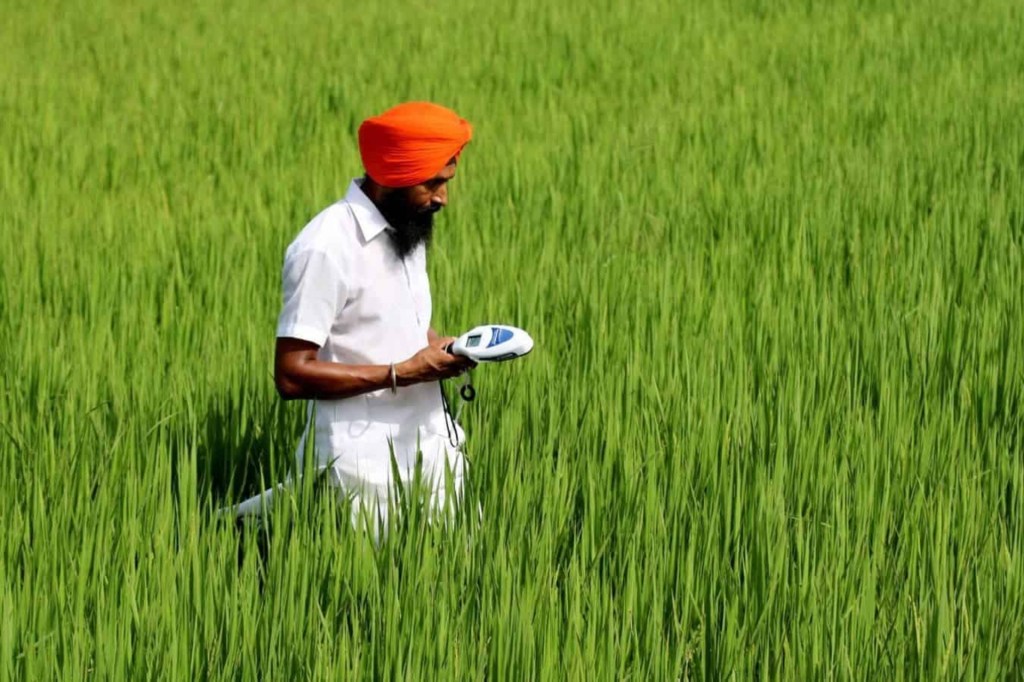Mirova’s $30.5M Investment Fuels Varaha’s Regenerative Farming Expansion in India
In a significant move to bolster sustainable agriculture, Mirova, a French investment firm specializing in climate-focused initiatives and backed by corporate giants like Kering, has committed $30.5 million (€26.4 million) to India’s climate tech startup, Varaha. This strategic investment aims to amplify Varaha’s regenerative farming programs, directly benefiting hundreds of thousands of smallholder farmers across northern India.
Innovative Investment Structure
Diverging from traditional equity investments, Mirova’s approach involves providing capital in exchange for a share of the carbon credits generated by Varaha’s projects over time. This model aligns with Mirova’s broader carbon investment strategy, which seeks to funnel corporate funds into verified emissions-reduction initiatives. As an affiliate of Natixis Investment Managers, Mirova’s portfolio includes prominent backers such as Gucci’s parent company, Kering, along with Orange, L’Occitane Group, Capgemini, Unibail-Rodamco-Westfield, and MANE. These corporations are actively pursuing credible carbon offset projects to mitigate their supply-chain emissions.
The Rise of Regenerative Farming
Regenerative farming focuses on restoring soil health and enhancing biodiversity through practices like crop rotation and reduced tillage. This approach is gaining momentum as a viable solution to make agriculture more resilient to climate change. In India, where millions of small-scale farmers grapple with declining soil fertility and unpredictable rainfall, adopting regenerative methods is not just about sustainability but also about ensuring their livelihoods.
Varaha’s Mission and Impact
Established in 2022, Varaha designs and manages carbon projects encompassing regenerative agriculture, agroforestry, and biochar. Collaborating with a network of 48 local partners, the startup executes field operations and utilizes its proprietary software to monitor, report, and verify both climate and social outcomes in real-time.
Mirova’s investment is directed towards Varaha’s Kheti project, which collaborates with farmers in Haryana and Punjab to implement low-emission practices. These efforts generate verified carbon credits, offering farmers an additional income stream. Currently, the project spans over 200,000 hectares and aims to expand to approximately 675,000 hectares, reaching around 337,000 farmers as it scales.
Tailored Agricultural Practices
Varaha’s strategies are specifically designed for India’s unique cropping systems, particularly in the rice-growing regions. The startup emphasizes direct seeding of rice and the incorporation of crop residues into the soil. This method serves as a crucial alternative to the prevalent practice of burning stubble post-harvest, which contributes significantly to air pollution and greenhouse gas emissions. Madhur Jain, co-founder and CEO of Varaha, highlighted the importance of these practices in an interview, noting their potential to transform traditional farming methods and promote environmental sustainability.
Broader Implications and Future Prospects
This partnership between Mirova and Varaha exemplifies a growing trend of integrating financial investments with environmental stewardship. By focusing on regenerative agriculture, the collaboration addresses multiple challenges: enhancing farmer incomes, improving soil health, and reducing carbon emissions. The success of this initiative could serve as a model for similar projects worldwide, demonstrating the viability of sustainable farming practices supported by innovative investment strategies.
As Varaha continues to expand its reach and impact, the support from Mirova and its corporate partners underscores the critical role of collaborative efforts in tackling climate change and promoting sustainable development. The fusion of financial resources, technological innovation, and on-the-ground agricultural expertise holds promise for a more resilient and sustainable future for farming communities in India and beyond.



